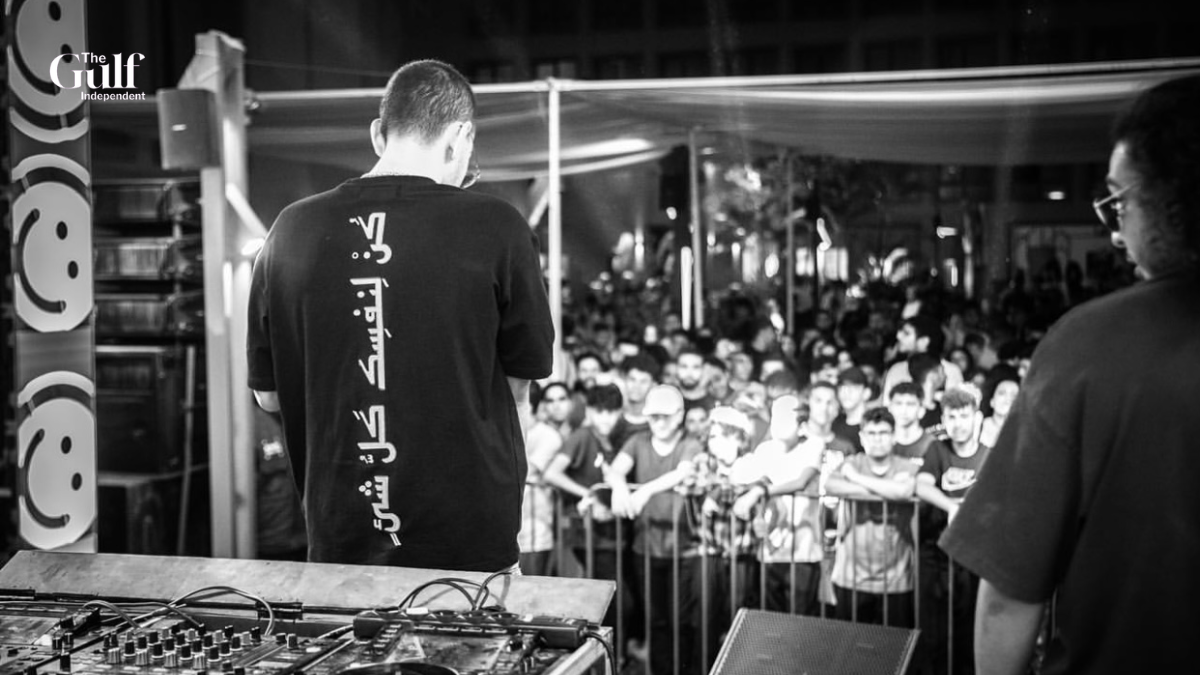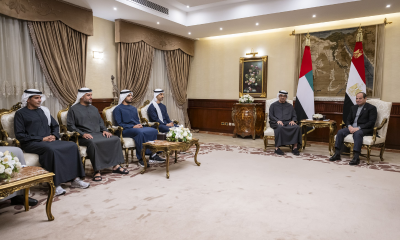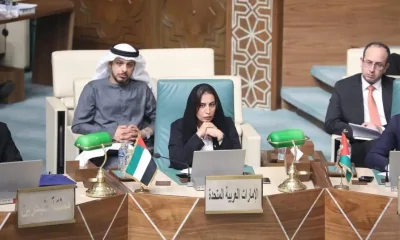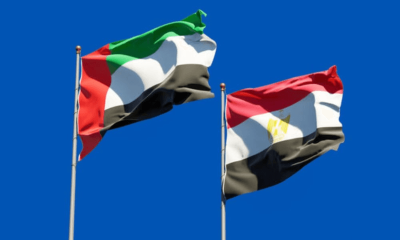The emergence and growing influence of Egyptian hip-hop as a form of artistic expression, often critical of the government, provides a powerful voice for dissent and social commentary within the country. In a recent interview with Vox, Yasmine El Rashidi shed light on the significance of hip-hop in Egypt, particularly in the aftermath of the 2013 military coup led by President Abdel Fattah el-Sisi.
Egyptian hip-hop has evolved as a platform for artists to express their frustrations, aspirations, and discontent with the current political climate. It serves as a channel to highlight social issues, inequality, and the curtailment of civil liberties. Through their music and lyrics, Egyptian hip-hop artists reflect the sentiments and experiences of the marginalized and the youth who have been at the forefront of demanding change.
The 2013 military coup and the subsequent consolidation of power by President el-Sisi had a profound impact on Egypt’s political landscape and the freedom of expression. In this context, hip-hop has emerged as an alternative means for artists to convey their dissatisfaction and challenge the status quo. It has provided a platform for voices that are often marginalized or suppressed in mainstream media.
Yasmine El Rashidi’s interview highlights the diverse range of topics addressed by Egyptian hip-hop artists, including police brutality, corruption, socioeconomic disparities, and political repression. By delving into these issues, the artists create a space for dialogue, raise awareness, and foster a sense of community among those who resonate with their message.
It is important to recognize the significance of hip-hop in Egypt’s sociopolitical landscape. The genre’s fusion of music, poetry, and activism allows artists to transcend linguistic and cultural barriers, reaching a wide audience within Egypt and beyond. In an era of social media and digital connectivity, Egyptian hip-hop artists have harnessed the power of technology to amplify their voices and mobilize support for social change.
The rise of Egyptian hip-hop is not without challenges. Artists face censorship, surveillance, and potential backlash from the authorities for their critical and dissenting narratives. Yet, despite these obstacles, they persist in using their craft to shed light on societal issues and push for a more inclusive and just Egypt.
Egyptian hip-hop’s impact extends beyond the realm of entertainment. It serves as a catalyst for social and political discussions, inspiring a new generation of activists and fostering a sense of unity among those who seek transformative change. By providing an outlet for expression, hip-hop empowers individuals to challenge the status quo and envision a more democratic and equitable future.
It is crucial for the Egyptian government to recognize the significance of hip-hop as a legitimate form of artistic expression and to respect the freedom of speech and creativity. Rather than stifling dissent, embracing the diversity of voices within the hip-hop community can contribute to a more vibrant and inclusive society.
ALSO READ: Saudi Arabia Eyes €25 Million-Rated Real Madrid Defender
Egyptian hip-hop’s ability to resonate with the youth reflects their desire for a better future, social justice, and a more participatory political system. As artists continue to raise their voices through this powerful medium, their message resonates with Egyptians who are seeking change and envisioning a society that upholds their rights and aspirations.
Egyptian hip-hop is a testament to the power of art in challenging existing power structures and providing a platform for marginalized voices. As the genre continues to evolve, it is essential to recognize and support the artists who fearlessly use their music to address social issues, promote dialogue, and inspire a new wave of social and political change in Egypt.






















